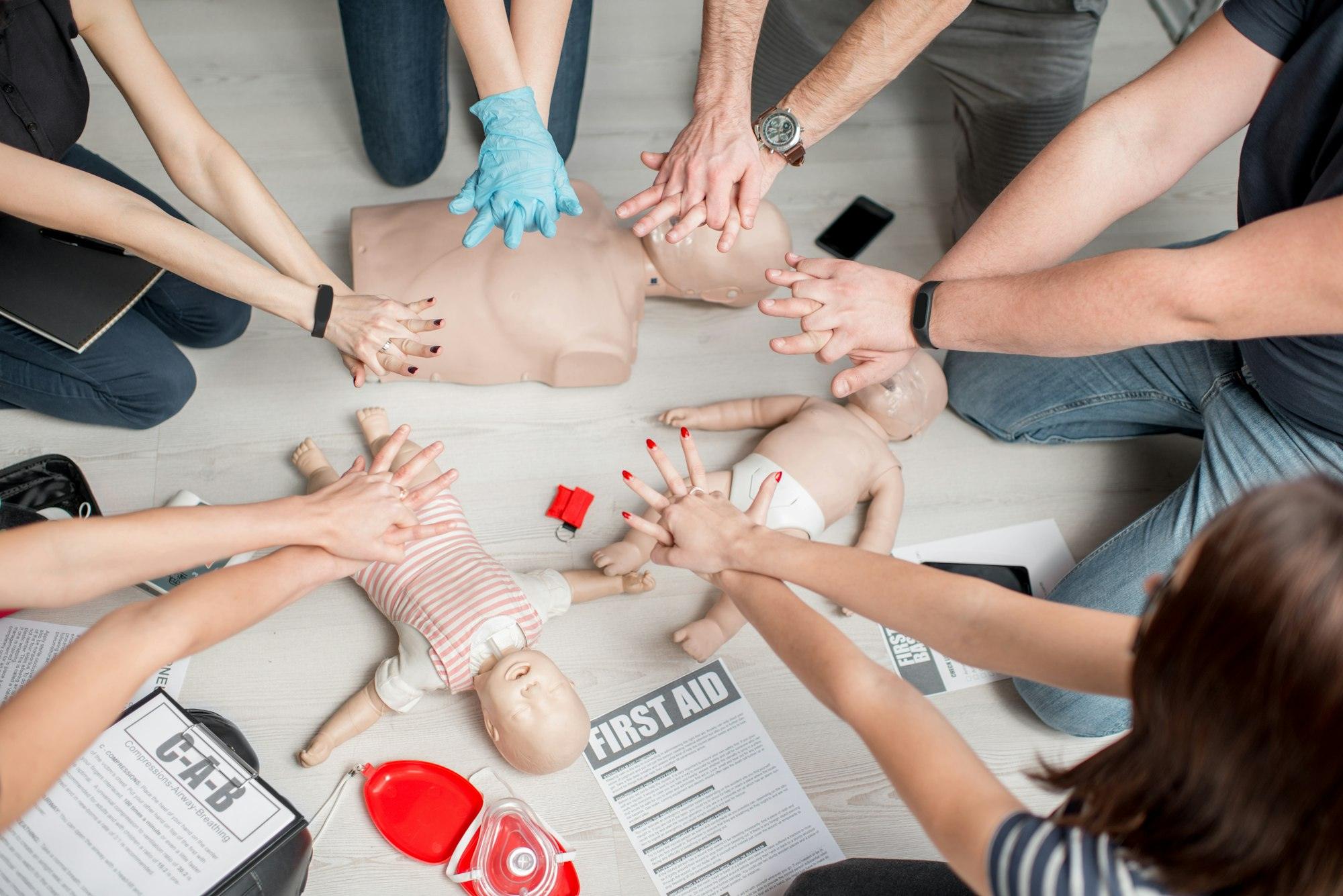What is meant by the term ‘stress’?
Mental Health First Aid | Stress is the reaction an individual has to extreme mental or emotion demands or pressures given to them. Stress can also cause further and other mental health problems
What are the possible causes of stress?
Feelings of stress are typically triggered by matters happening inside the individual’s personal life which can contain:
- being under masses of pressure
- going through huge adjustments
- worried about something
- now not having much or any manipulate over the outcome of a state of affairs
- having duties which you’re finding overwhelming
- not having sufficient work or activities in your life
- Uncertainty of your future or family life
Mental Health First Aid | Stress
There might be one big component causing the person stress, but stress also can be due to a build- up of small demanding situations. This could make it tougher for the man or woman to discover what’s making them feel careworn, or to provide an explanation for it to different human beings.
Within a workplace can be a very stressful environment for certain individuals, things that can cause stress in the workplace would be a demanding job where the person feels overwhelmed with what is expected of them. Mental Health First Aid Stress
They may also feel they have inadequate training so are not fully in control of their new job. They may feel the support and guidance they receive from colleagues and managers is not there and they do not have any positive relationships at work. Also, we must consider the working hours, long working hours may result in added stress and worry for the person.
The health and safety executive lists six main areas that can lead to work-related stress if they are not managed properly.
These are: demands, control, support, relationships, role and change.
For example, employees may say that they:
- are not able to cope with the demands of their jobs
- are unable to control the way they do their work
- don’t receive enough information and support
- are having trouble with relationships at work, or are being bullied
- don’t fully understand their role and responsibilities
- are not engaged when a business is undergoing change
Health and safety executive. 2020. Causes of stress at work. [SOURCE] Available at: https://www.hse.gov.uk/stress/causes.htm.
How can stress be both useful and harmful?
We think of stress as harmful to our mental health but depending on the type of stress it can also be useful in its own way.
Useful stress can make you more a tentative and aware of dangers, it can help boost memory and help you solve challenges and overcome certain situations. It may also boost your immune system such as improving how your heart works and protecting the body from infection.
Mental Health First Aid | Stress
Stress is also a crucial caution machine, generating the fight-or-flight reaction. (conflict management). While the brain perceives some kind of stress, it begins flooding the body with chemical compounds like epinephrine, norepinephrine and cortisol.
Stress can be harmful and certain symptoms can affect the mind, body, thoughts or general feelings. If stress occurs over a long period of time then it can also weaken the immune system.
Stress that’s left unchecked can contribute to many health issues, for example; high blood pressure, heart disorders and obesity which can lead to diabetes.
What are examples of the symptoms of stress?
Although the person may not be aware of all the symptoms of stress it could include the following:
- Butterflies in the stomach
- Feeling sick of dizzy
- Constipation or diarrhoea
- Sexual difficulties such as erectile dysfunction
- Aches, pains and headaches
- High blood pressure and increased heart rate
- Sleep depravation
Mental Health Awareness | Stress. How can stress affect an individual?
Stress can affect human beings in lots of unique ways and can cause health issues to an individual or even make contemporary fitness troubles get worse.
A few mental symptoms of stress consist of;
becoming tired, worrying, negative outlook, depression, anxiety, lack of appetite, lack of concentration and unable to sleep Some emotional signs include feeling tearful, irritable, mood swings, defensive, angry, frustrated, lack of self-esteem and sensitive.
What are the internal and external demands in life that may result in stress?
Internal demands are problems an individual may bring upon themselves by their own personal well-being and can be less obvious to identify.
Examples of these would be striving for perfection, lack of sleep, unhealthy diet, unnecessary worrying, putting others first and having low self-esteem.
External factors are situations an individual finds themselves in relating to their job, children, pregnancy, health issues with a loved one, bereavement, in ability to balance work and social life and if they are in bad debt. Mental Health First Aid | Stress
What are healthy strategies that could be used to reduce or manage stress in life?
There are a number of different things a person with stress can do to reduce or manage with this condition better such as;
learning to relax by taking a bath, listening to some soothing music or reading a book. A individual could take regular breaks from work or any other activities they have so things don’t get on top of them.
They could look at their long-term goals instead of the short term, be better organised and look to change what they can control in their life. They should also focus on the positive aspects of their life, too often we look at the negatives. An individual should also confide in someone and not keep their emotions bottled up.
What is the purpose of keeping a stress diary and how they are used?
The aim of Stress diaries is to help an individual to record and file statistics about any stress issues they may have, this in turn will help them to analyse the stress in order to control them. They also help you to understand reasons of stress in extra elements. The levels of stress at which you operate maximum efficiently.
 Mental Health First Aid | Stress
Mental Health First Aid | Stress
A stress diary can be useful for someone who is unable to pin point what the triggers of stress are. They can keep a diary for two to four weeks detailing down, the date, time and place the
stressful event occurred, what they were doing, who they were with, how it made them feel emotionally and physically and a rate from 0-10 on how stressful the event was.
The diary can then be reviewed after a certain period of time and it will be helpful in seeing what are the triggers and causes of stress.
For further information on any mental health please contact us here or if you would like to book an in-house Mental Health First Aid | Stress
course
Please see our range of eLearning course HERE










